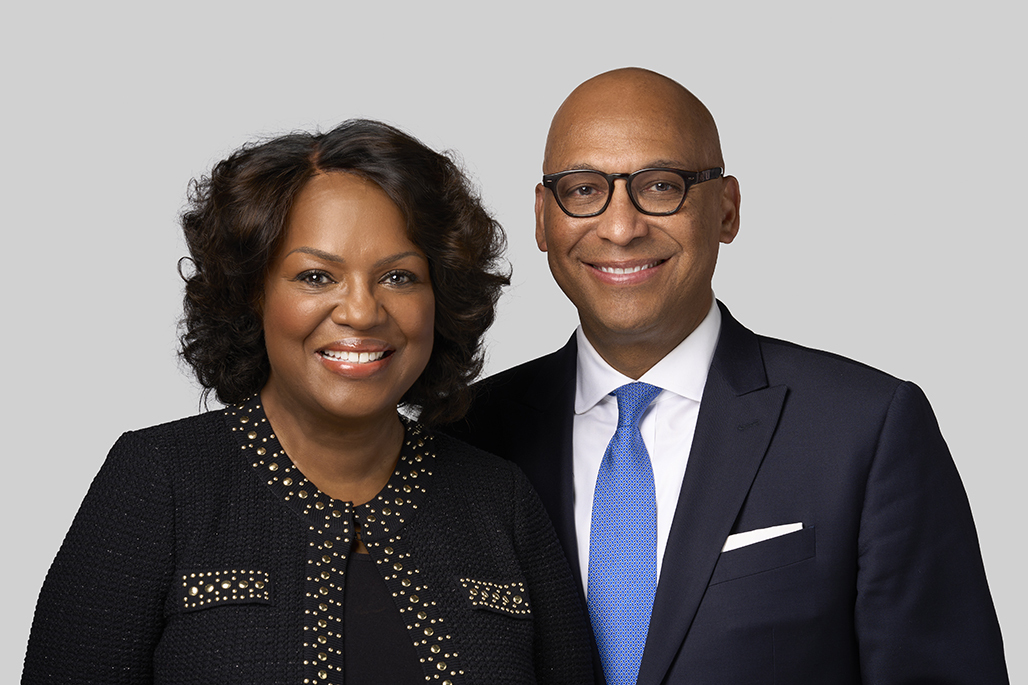Balancing Faith, Communication, and Self-Care

Q. After dating for three years, my boyfriend and I have finally decided to marry, hoping that by now we have most things in place to have a relatively stress-free event. We are now six months away from the wedding and the stress we are feeling is incredible. What advice to do you have for us to help manage our wedding stress effectively?
A. Wedding preparation can be an overwhelming experience, especially as the big day approaches. If you’ve done premarital counseling with a qualified marriage coach/counselor you should have some pretty good tools to help you manage this stressful period. Yet, having a few more sessions to deal specifically with the stress of wedding preparation is an excellent idea.
Stress management begins with recognizing God’s role in our lives and relationships. Philippians 4:6-7 advises, “Do not be anxious about anything, but in everything by prayer and supplication with thanksgiving let your requests be made known to God. And the peace of God, which surpasses all understanding, will guard your hearts and minds in Christ Jesus.” So, turn your worries over to God.
Stress management techniques can complement biblical principles. Robert Sapolsky, in his book “Why Zebras Don’t Get Ulcers” (2004), emphasizes the importance of perceived control in reducing stress. You can apply this concept by breaking down your wedding preparation into manageable tasks and creating a detailed timeline. This approach provides a sense of control and progress, reducing overall stress levels.
Good communication is also helpful for stress management. John Gottman’s research in “The Seven Principles for Making Marriage Work” (1999), emphasizes the importance of open and honest communication between partners. This parallels the advice found in Ephesians 4:25: “Therefore, having put away falsehood, let each one of you speak the truth with his neighbor, for we are members one of another.” By maintaining clear and loving communication, you can lower the stresses of wedding planning.
Self-care is also vital during this period. Guy Winch, in his book “Emotional First Aid” (2013), highlights the importance of treating psychological wounds with the same care as physical ones. This concept aligns with 1 Corinthians 6:19-20, which reminds us that our bodies are temples of the Holy Spirit and that we should honor God with our bodies. Engaging in regular exercise, maintaining a balanced diet, and ensuring adequate sleep are essential for managing stress. If you have access to a trusted Christian counselor, having a session to talk through some of your emotional wounds may prove helpful in avoiding unnecessary stress.
To be sure, it’s crucial for you to remember the true purpose of your wedding in the middle of planning chaos. 1 Corinthians 13:4-7 beautifully describes the nature of love: “Love is patient and kind; love does not evy or boast; it is not arrogant or rude. It does not insist on its own way; it is not irritable or resentful; it does not rejoice at wrongdoing, but rejoices with the truth. Love bears all things, believes all things, hopes all things, endures all things.” By focusing on your love and commitment for each other, you can maintain perspective and reduce the stress about wedding details.
By trusting God, communicating effectively, emphasizing self-care, and focusing on your love and care for each other, you will be able to manage this challenging period with grace and emerge stronger, ready to embark on your new life together.
You are in our prayers.








